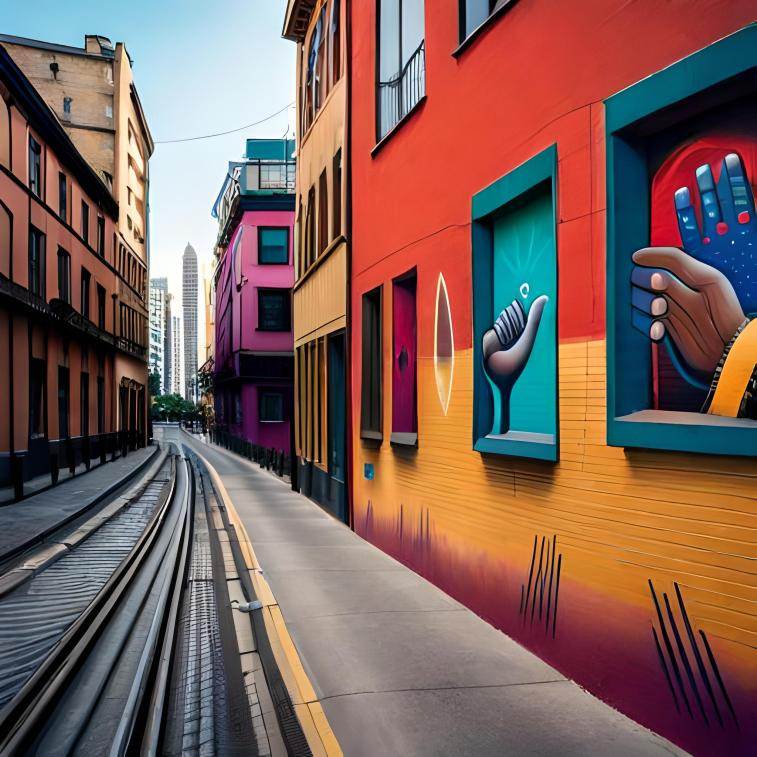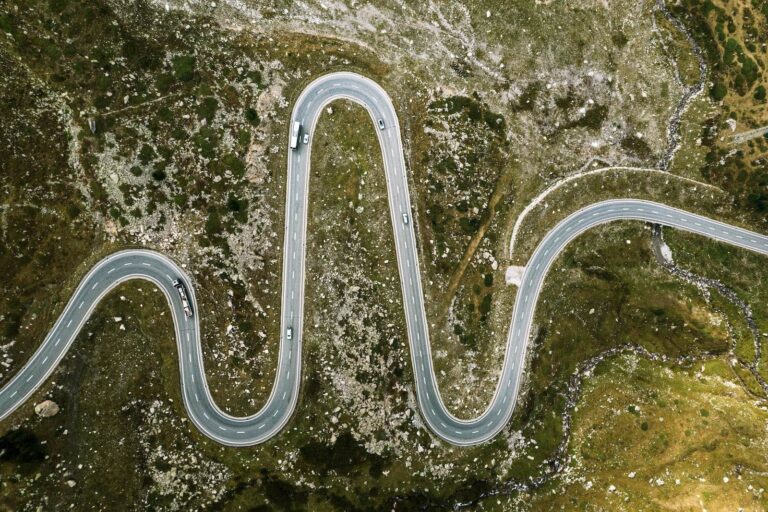It’s easy to be rich and not be arrogant, but it’s hard to be poor and not be resentful.
Confucius 孔子
子曰 貧而無怨難 富而無驕易
Table of Contents
Introduction
Society is a socio-economic tapestry that shapes attitudes and perceptions. The life quotes, “It’s easy to be rich and not arrogant, but hard to be poor and not resentful,” serves as a launching pad for our exploration.
The Duality of Wealth and Poverty
Wealth and poverty represent opposing ends of a socio-economic spectrum. While affluence can unintentionally prompt arrogance, poverty may induce resentment—not as inherent qualities, but as potential reactions to disparities.
Exploring the Intersections
Our goal is to navigate the complex labyrinth where wealth, poverty, arrogance, and resentment intersect. We aim to discover strategies fostering personal growth and empathy beyond financial circumstances.
An Empathetic Voyage
Our journey is akin to a treasure hunt, with each step and challenged misconception serving as valuable treasures. We aspire to dismantle socio-economic stereotypes, enrich perspectives, and cultivate a more empathetic society. As we embark on this enlightening voyage, we aim to foster introspection and understanding, lighting the torch for a more compassionate world.
Understanding Wealth and Arrogance
Wealth often shares a dance with arrogance in society’s grand ballroom. However, does this pairing need to be ubiquitous, or can the music be changed?
A Double-Edged Sword
Wealth, a double-edged sword, promises prosperity but also risks courting arrogance. It’s vital to remember this guest isn’t permanently invited. Arrogance is not a compulsory tag for wealth.
Wealth Without Arrogance: Is It Possible?
Prominent figures such as Bill Gates, Warren Buffet, and the late Sir John Templeton have shown that wealth and arrogance aren’t inextricably tied. Their humility, amidst their affluence, demonstrates this separation. It’s akin to a gardener who, despite owning a lavish garden, dutifully tends to the soil.
Breaking Stereotypes: Dissociating Wealth and Arrogance
Society often perpetuates the stereotype linking wealth and arrogance. To escape this, it’s crucial to challenge such stereotypes and disassociate wealth from arrogance. They might occasionally dance together, but they don’t need to sync. Steering this dance towards humility and respect encourages a more understanding society.

Overcoming Resentment in Poverty
Socio-economic disparity creates a fertile ground for resentment to sprout in the soil of poverty. Yet, fostering resentment merely amplifies the hardship.
Resentment: A Cloud Over Possibility
Resentment can cloud potential, blurring vision and dampening hope. However, it’s crucial to question: should we let this cloud determine our path?
Redirecting Focus: The Compass of Resilience
Overcoming resentment lies in our ability to redirect focus, not negate hardship. It’s akin to a compass steering us towards resilience and growth amidst adversity.
Recognizing Opportunities Amidst Adversity
Resilience involves recognizing adversities but keeping the flame of hope alive. It entails searching for opportunities, however hidden, symbolized by a seedling sprouting in barren land.
Poverty: A Condition, Not a Label
In the struggle against poverty, our influence may appear minimal, but the power of ripples should not be overlooked. Small acts of resilience can incite substantial change. Poverty is a challenging condition—not a label or a life sentence.
Overcoming Resentment: Redefining Our Narrative
The path to overcoming resentment is fraught with obstacles, yet the vista of personal growth and triumph is worth the effort. It’s not our circumstances that define us, but our navigation of them. By rising above resentment, we’re not just combating poverty—we’re reshaping our life narrative.

Mindset Shift for Personal Growth
Our attitudes and biases, influenced by our socio-economic status, significantly impact personal growth. However, it’s our mindset that ultimately drives our journey.
Privilege and Empathy: A Lesson for the Wealthy
For the affluent, personal growth often starts with recognizing privilege. It’s about utilizing socio-economic advantages to foster positive change, not arrogance. Think of a lighthouse, guiding ships safely, not dominating the seas.
Resilience over Resentment: A Way Forward for the Less Privileged
For those facing poverty, transformation involves substituting resentment with resilience. It’s about viewing their situation as a stepping stone, not a hurdle. The lotus, blossoming amidst murky waters, beautifully embodies this concept.
Embracing the Growth Mindset: A Universal Imperative
Regardless of financial status, adopting a growth mindset is key to personal development. This mindset enables seeing potential where others see problems, opportunities where others see obstacles.
Breaking Socio-economic Stereotypes
Stereotypes are reductionist, associating wealth with arrogance and poverty with resentment, while disregarding human experience diversity. Escaping these stereotypes is crucial for personal growth and fostering inclusivity.
The Problem with Stereotypes
Stereotypes oversimplify, perpetuate bias, and hinder growth. They are akin to insisting on seeing the world in black and white, despite the spectrum of colors around us.
Embracing Diversity: Breaking Stereotypes
Breaking stereotypes begins with acknowledging human experience diversity. It involves recognizing that wealth and poverty are circumstances, not character traits. Society is a kaleidoscope—each turn reveals a unique pattern, reflecting our diverse experiences.
Focusing on Our Common Humanity: Fostering Empathy
Breaking stereotypes also requires focusing on shared humanity over socio-economic differences. We should aim for a society where empathy overcomes bias.
Conclusion: Wealth and Poverty, Arrogance and Resentment – Choices That Define Us
Wealth and poverty are socio-economic conditions, while arrogance and resentment are choices. Despite our circumstances, we can choose to grow and contribute positively. Though the road may be challenging, with mindfulness and mindset shift, it’s a journey worth taking.
Ultimately, it’s not our wealth but our empathy that defines us. Let’s choose humility over arrogance, resilience over resentment. Let’s strive to be richer in understanding, empathy, and humanity. That’s what truly matters.

